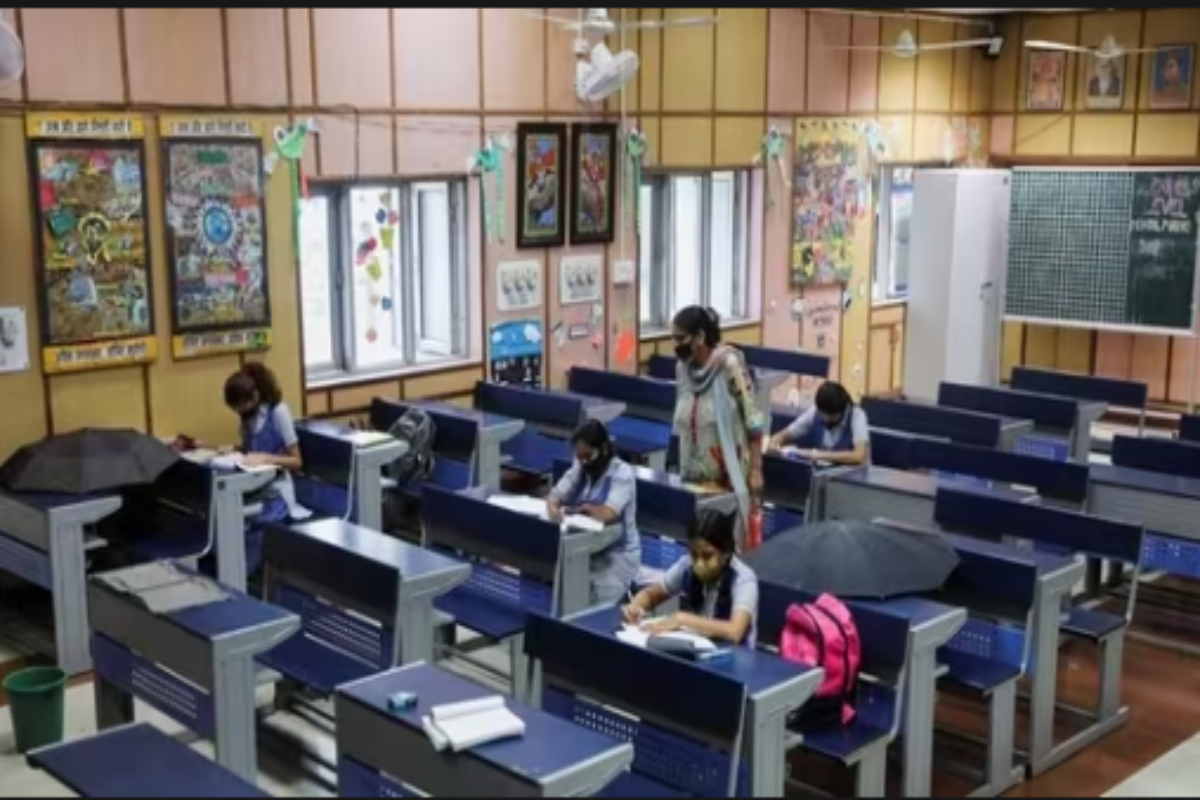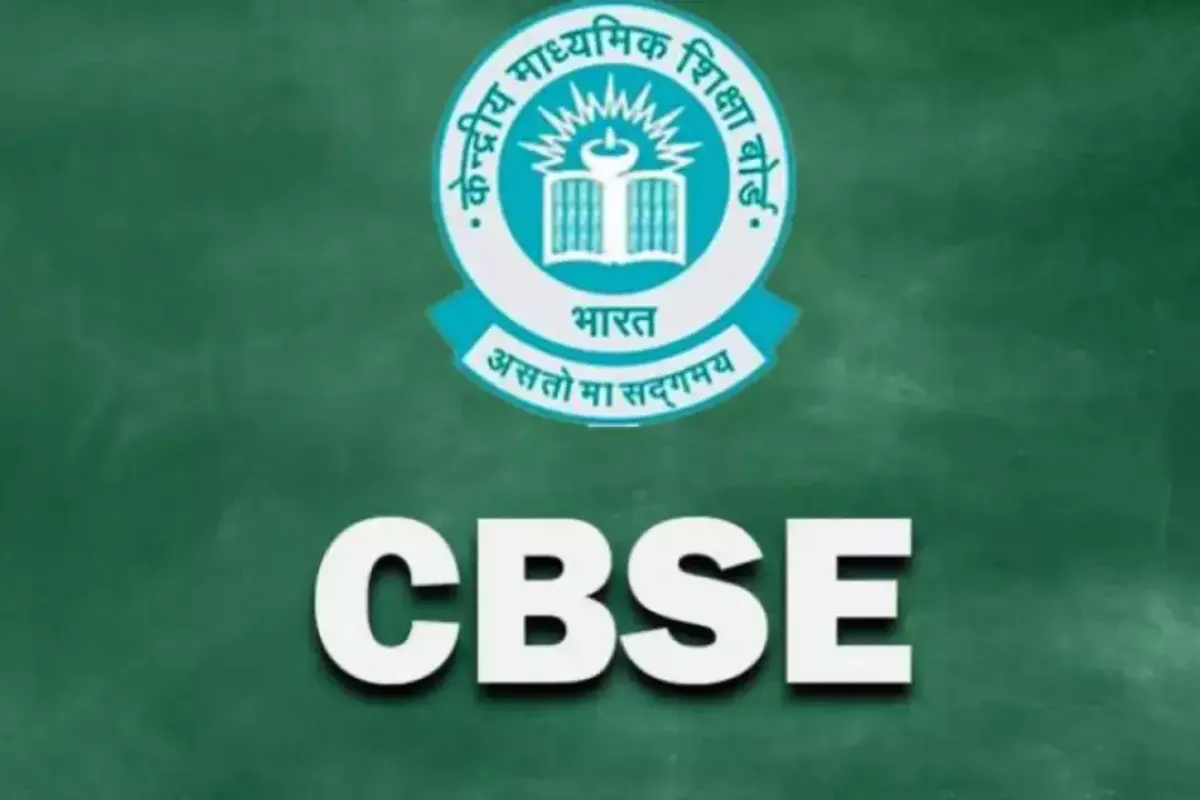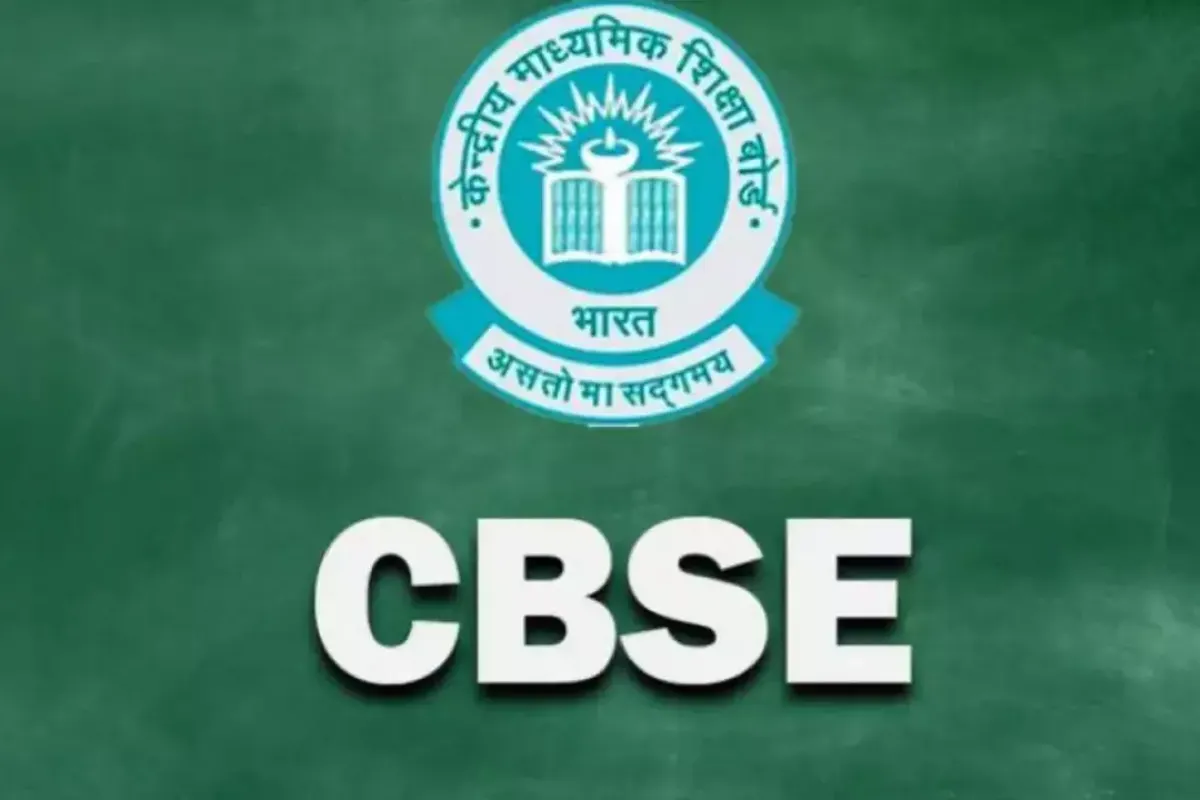CBSE: The Central Board of Secondary Education (CBSE) made a significant change by allowing affiliated schools to use mother tongue as a choice for the medium of teaching from pre-primary through class twelve. The NEP 2020, as stated by CBSE, “emphasises the significant cognitive advantages of multilingualism for young learners, particularly when they are exposed to multiple languages from foundational stage, with a specific focus on their mother tongue.”
CBSE’s Guidelines for Implementing Multilingual Education
“…The CBSE affiliated schools may consider using Indian languages, as enumerated in the Schedule 8 of the Indian Constitution, as the medium of Instruction from Foundational Stage till end of Secondary Stage i.e. from pre-primary classes till class XII as an optional medium in addition to other existing options,” the board said in a circular dated July 21. The board has instructed schools to look into available resources, consult with experts, and work with other schools to discuss best practises. The board has noted problems of implementing multilingual education, such as the availability of trained teachers, textbooks, and time.
NCERT to Develop Textbooks in 22 Languages for Higher Learning
The Education Ministry has instructed NCERT to create new textbooks in the 22 languages listed, and it is possible that students may have access to them starting with the upcoming semester. The use of Indian languages in higher education has also been prepared for through the creation of textbooks, utilising these languages as the primary means of instruction and examination, according to the CBSE, which also added that the strategy should be consistent from secondary education to higher education.
Keep watching our YouTube Channel ‘DNP INDIA’. Also, please subscribe and follow us on FACEBOOK, INSTAGRAM, and TWITTER











